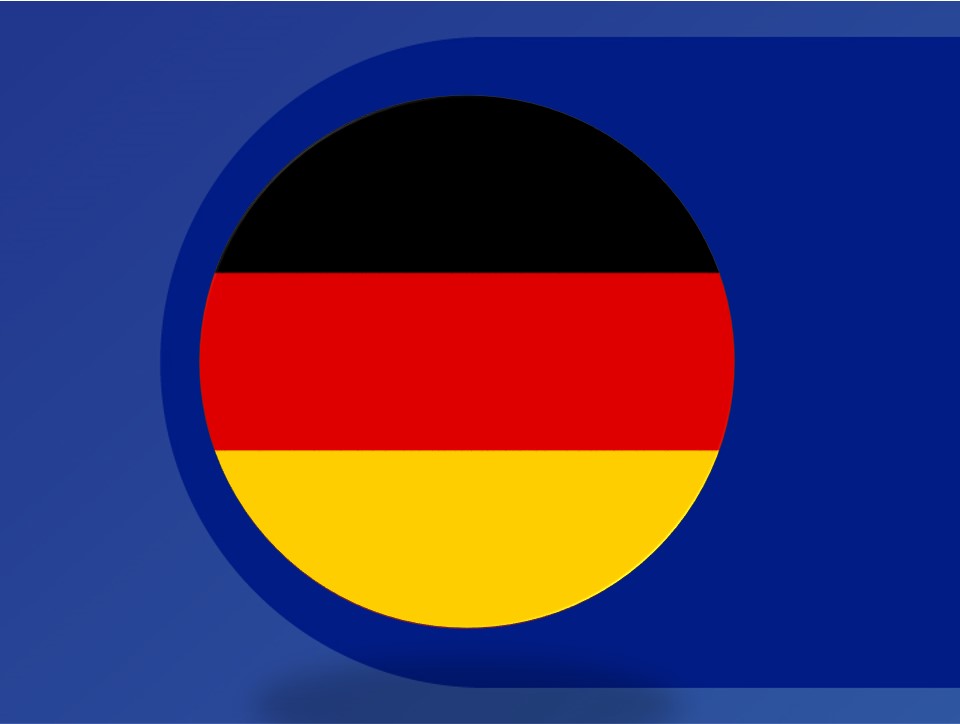Search results (591)
Skip results of view News and highlights
Register and join our next data.europa academy webinar ‘Safeguarding open data: cybersecurity essentials and skills for data providers’, scheduled for 4 October from 10:00 to 11:30 CEST . In light of European Cybersecurity Month , this webinar will focus on the intersection of open data and cybersecurity, addressing the growing concerns around protecting public data while ensuring its openness and usability, with the aim to provide valuable insights and practical advice for data providers, especially in the public sector. The webinar will begin with an exploration of the current state of

This summer, we published a new report ‘ Open data needs for researchers and academics ’ . This first in a series of reports explores the links between open government data, open science, and education, this report aims to provide a better understanding of these relationships. There seems to be a disconnection between those worlds, and the reports can support government officials in expanding awareness of developments and trends in the research world. Moreover, the studies show how to increase the use of open datasets in scientific and academic work. This first report characterises three types

Germany’s GovData portal , the national platform for open government data, continues to set benchmarks in data accessibility and transparency. Launched in 2013, GovData provides a centralised point for administrative data from federal, state, and local governments, making it easier for citizens, businesses, and researchers to access and use public data. The portal hosts a large collection of datasets, covering diverse categories such as health, traffic, environment, and science and technology. With over 120,000 datasets available as of September 2024, GovData ensures that users can find

October marks the annual European Cybersecurity Month (ECSM) , an EU-wide campaign dedicated to raising awareness about digital security and cyber hygiene. Organised by the European Union Agency for Cybersecurity (ENISA) in collaboration with the European Commission, the campaign brings together EU Member States, businesses, universities, NGOs, and citizens. Through various activities such as conferences, workshops, and webinars, the ECSM aims to enhance cybersecurity practices across Europe by sharing the latest information and promoting best practices. The ECSM serves as a place for

The ‘ Country Insights ’ section on data.europa.eu is dedicated to highlighting public administration success stories, demonstrating how the adoption and use of open data drives progress across Europe. This section offers a detailed, geography-focused perspective on the developments in each country, providing valuable insights into how open data initiatives are making an impact. Within each country profile, users can explore a variety of resources. These include factsheets that present the latest performance updates from the Open Data Maturity assessment , offering a clear view of where each

Starting in 2024, the European Union will implement a new regulation requiring nearly all products sold in the EU to feature a Digital Product Passport (DPP). This initiative, part of the Ecodesign for Sustainable Products Regulation , aims to enhance transparency across product value chains by providing comprehensive information about each product’s origin, materials, environmental impact, and disposal recommendations. The DPP is designed to close the gap between consumer demands for transparency and the current lack of reliable product data. The DPP will include essential details such as a

This September, after a refreshing summer break, the data.europa Academy hosted two insightful sessions, engaging over 875 registrants who explored the topics of emerging geospatial trends and advancements in cyber and digital skills together with experts. The first session, titled ‘ Emerging Geospatial Trends 2024: Opportunities for data.europa.eu in the Era of Digital Twins ’, was hosted on 13 September. Participants gained a deeper understanding of geospatial digital twins and saw examples of their real-world applications. The webinar also included a discussion where suggestions could be

Our new legal research report ‘ What is data ownership, and does it still matter under EU data law? ’ examines the evolving concept of data ownership within the European Union, highlighting its lack of clear definition and regulation. As data is non-rivalrous, non-exclusive, and inexhaustible, the report argues that the focus should shift from ownership to data access and usage rights. This perspective aligns with the principles of the open data community, which promotes data availability and reuse. The report discusses how the upcoming Data Act , set to be implemented on 12 September 2025

The final spotlight of our data.europa Academy themes series is put on ‘Quality’ courses designed to improve your open data usage and visualisation skills. Within six different courses, there are lessons that will teach you how to find data, assess its usefulness, and improve open data quality. Discover readings, webinars, and e-learnings that help you understand what makes quality open data. Start your quality journey with our e-learning ‘ What is open data? ’ of the ‘ Introducing open data ’ course to get an understanding of the basics of open data. The course ‘ Incorporating open data into

Greece is promoting a unified approach and accessibility through its open data portal, repository.data.gov.gr . Their platform serves as a comprehensive repository for a wide array of datasets, ranging from economic indicators to environmental statistics. With more than 10 500 available datasets divided over 17 topics, there is much to find on data from Greek government agencies. By providing free and open access to this data, Greece aims to foster innovation, support research, and enhance public services. The portal is designed to be user-friendly, ensuring that both experts and the general
